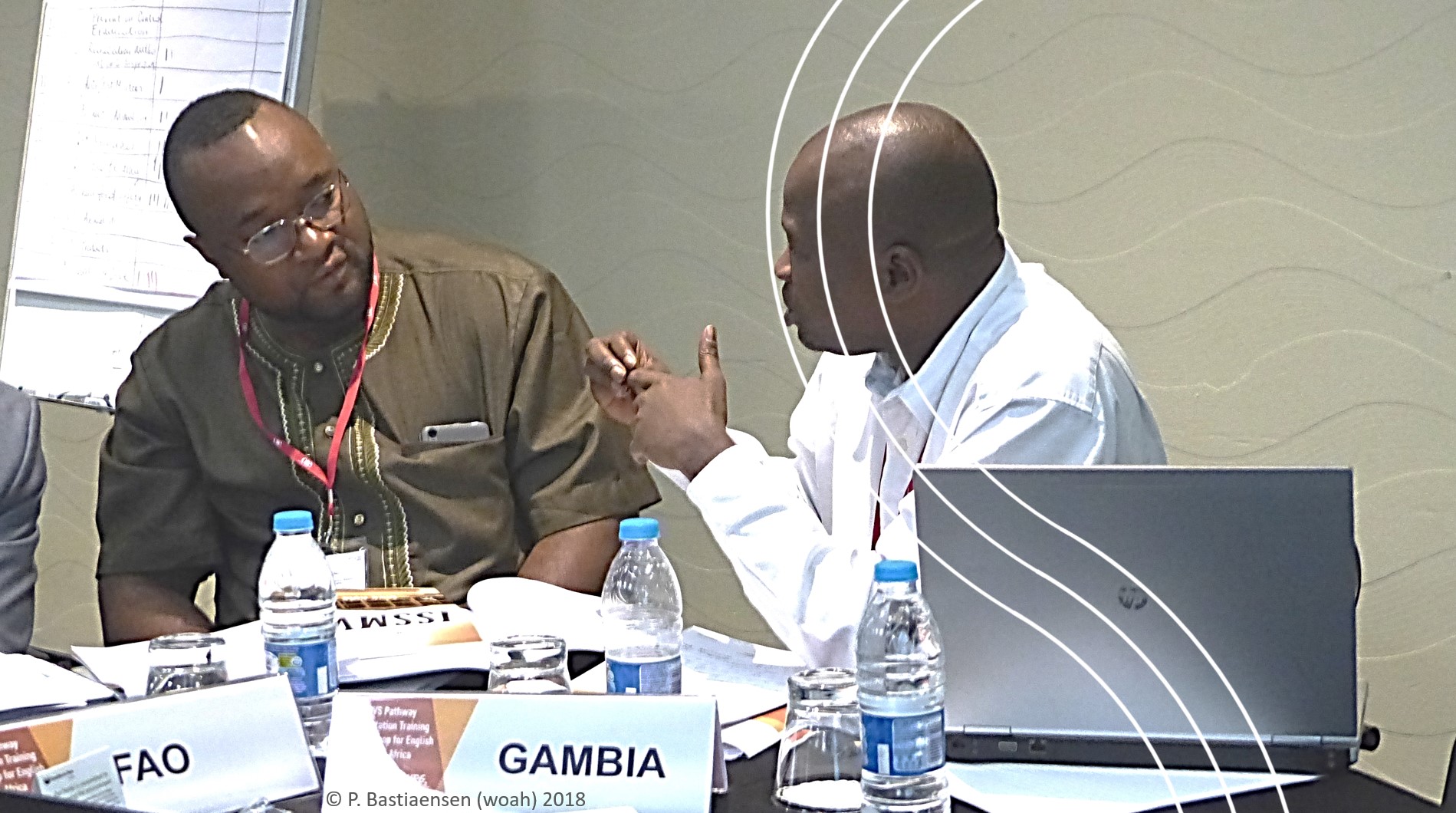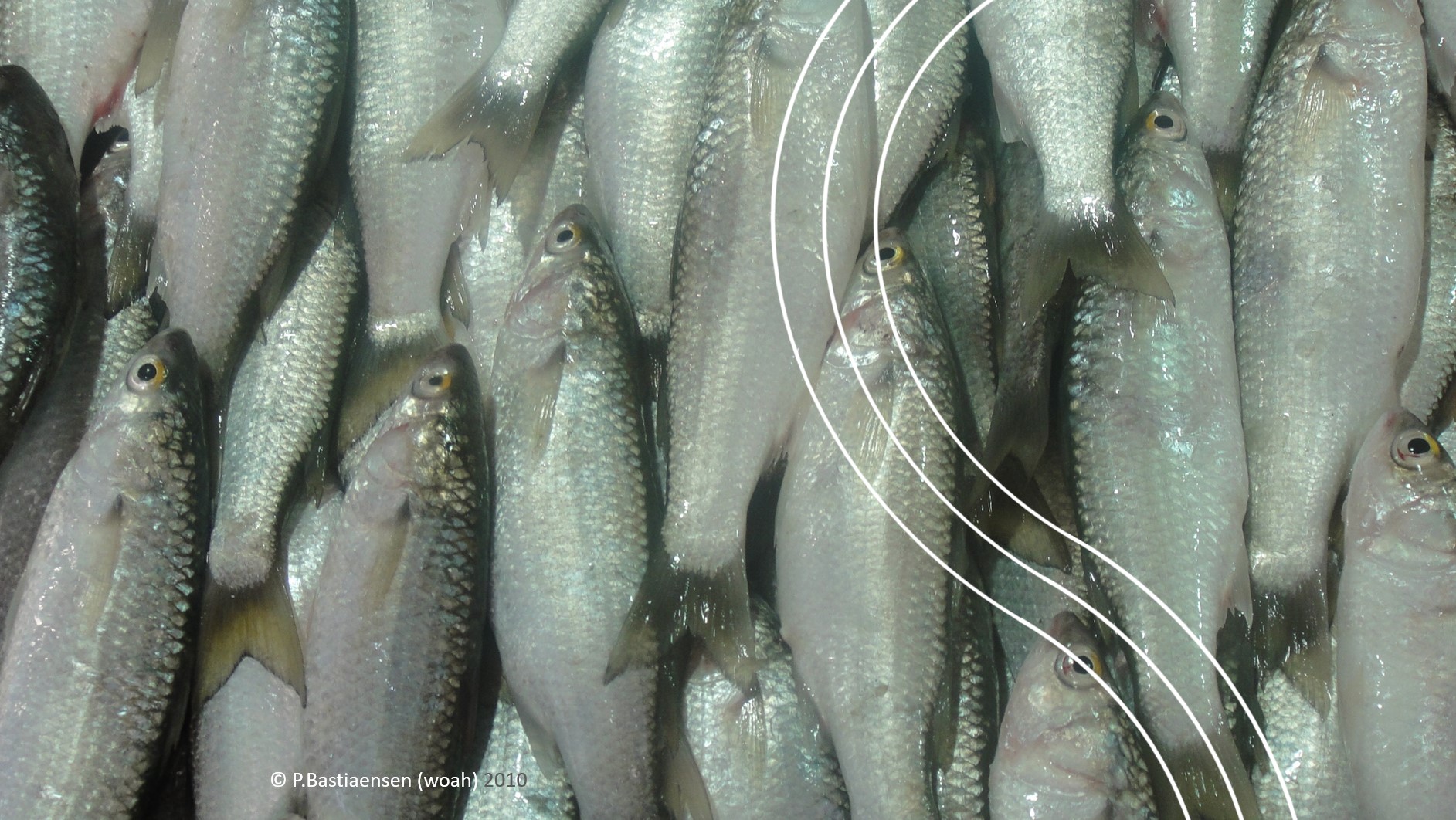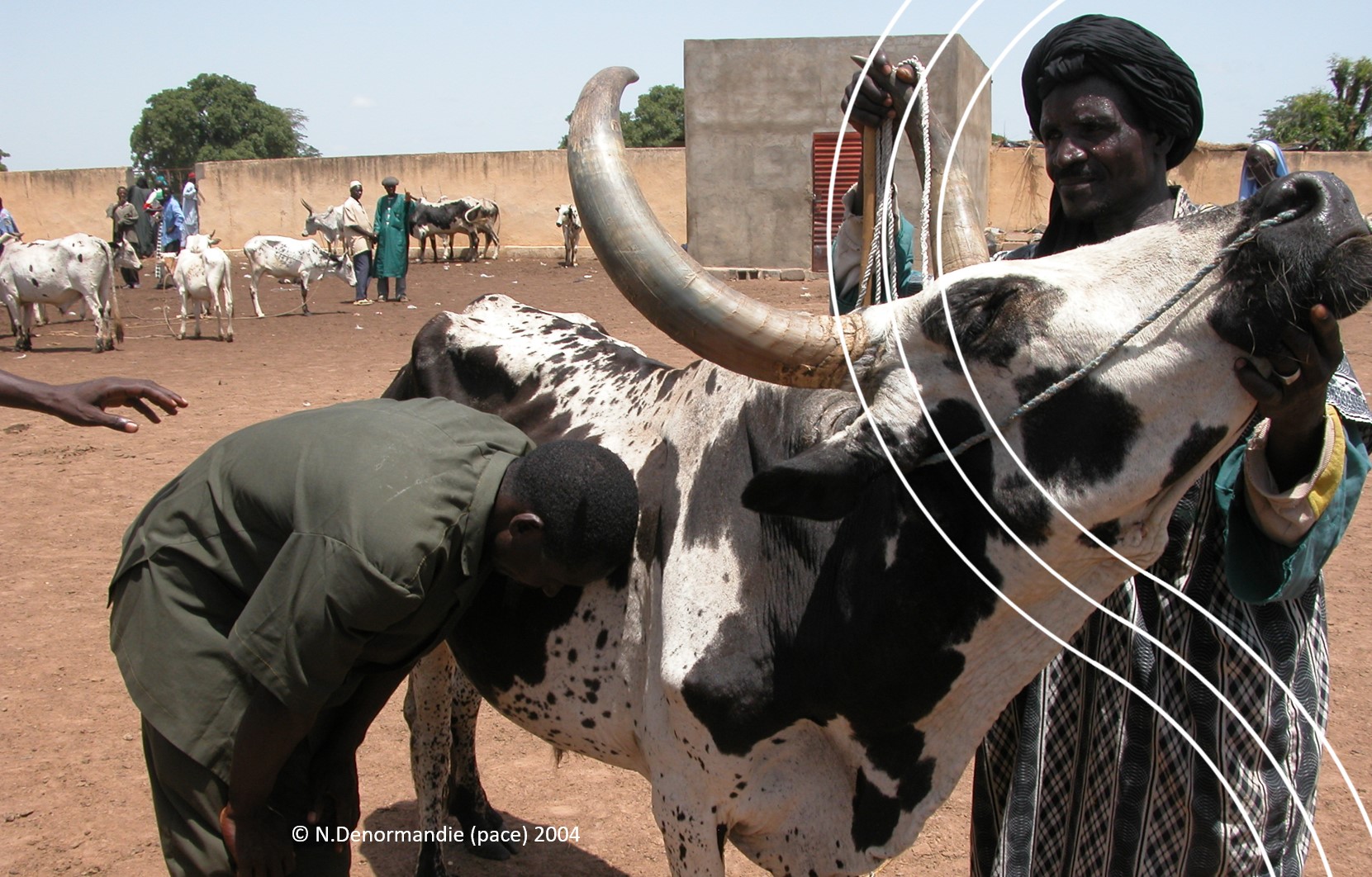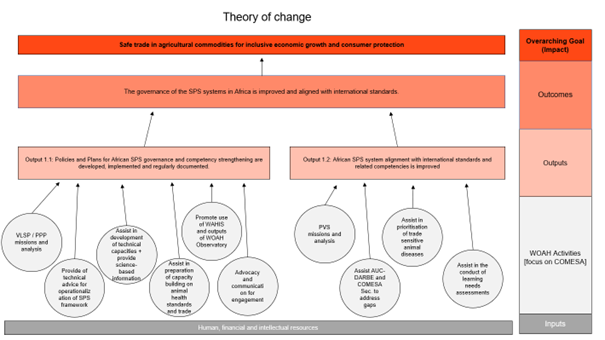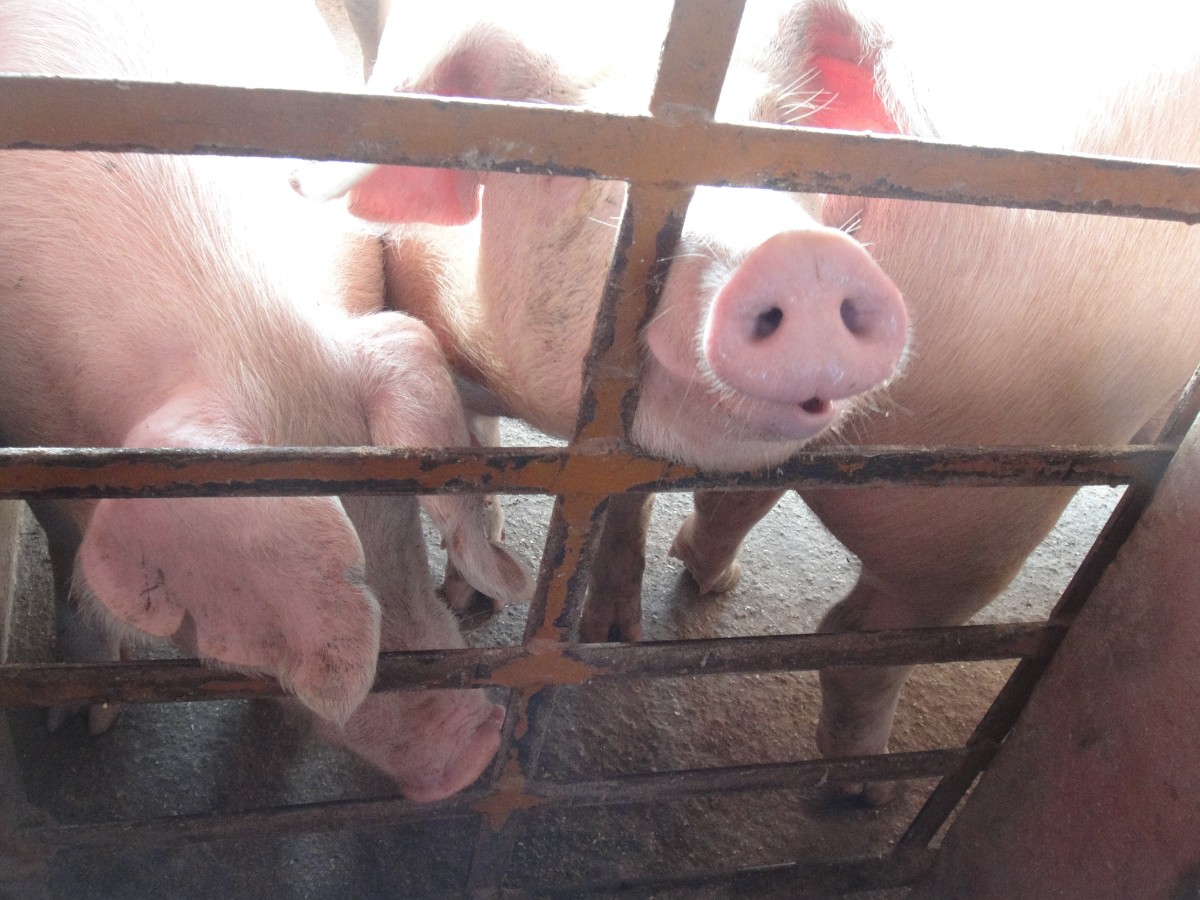Under Specific objective 1 (the governance of the SPS systems in Africa is improved and aligned with international standards), WOAH aims to :
- Map institutions and SPS coordination mechanisms and support functioning and reporting;
- Develop, in consultation with main stakeholders including representatives of the private sector, and implement SPS continental policies and plans to strengthen SPS governance and systems at continental, regional and national levels;
- Support the development of coordinated African position in SPS standards setting organizations and support African participation to their meetings and other relevant international fora;
